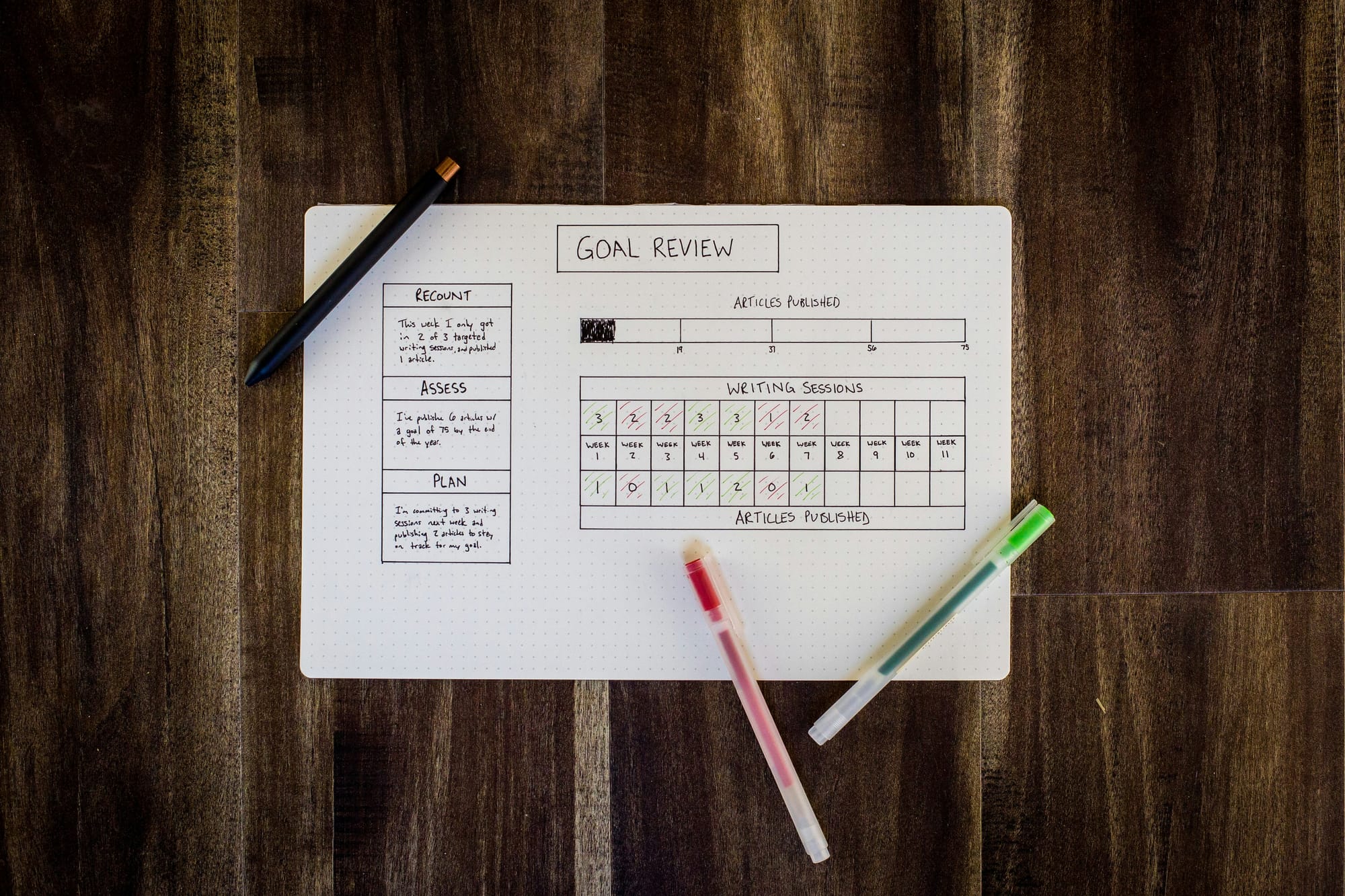Scaling Your Mindset: How to Think Like a Bigger Business
When you run a business on your own, it’s easy to think small—small goals, small moves, small steps forward. But the way you think about your business shapes how it grows.

Scaling Your Mindset: How to Think Like a Bigger Business
When you run a business on your own, it’s easy to think small—small goals, small moves, small steps forward. But the way you think about your business shapes how it grows.
If you treat it like a side project, it will stay one. If you start thinking and planning like a bigger business, you’ll open yourself up to real growth. Shifting your mindset doesn’t mean working more hours or taking on tons of risk. It means seeing opportunities differently and making smarter, future-focused decisions.
Let’s break down how to start thinking like a business that’s ready to grow.
Stop Asking "What Can I Afford?" and Start Asking "What Will Grow My Business?"
Money can feel like the biggest reason to stay small—especially when every dollar coming in and out is on your shoulders.
It’s natural to look at your finances through the lens of, “Can I afford this?” But that question often keeps you stuck. Instead, shift your perspective to: “Will this help my business grow?”
Here’s what that looks like in action:
Investing in Tools That Save Time – Maybe you’re doing all your bookkeeping manually because accounting software feels like an extra cost. But if that software saves you 5+ hours a month, that’s time you could spend making more money instead.
- Outsourcing Key Tasks – If you’re spending hours on social media graphics or bookkeeping work, you’re not using your time where it counts. Hiring a bookkeeper or designer can feel like an expense, but it frees you up to focus on revenue-generating activities.
- Viewing Coaching or Education as Growth, Not a Luxury – If learning better marketing strategies or improving your sales process helps you land more clients, that’s a business-building move, not just another expense.
Shifting how you see money—thinking of strategic spending as an investment rather than a cost—opens up possibilities your business needs to expand.

Set Revenue Goals That Push You Out of Your Comfort Zone
A lot of solopreneurs set their income goals based on their basic needs. Cover rent, pay bills, maybe have a little extra—that’s where many people stop. But if you only aim to “get by,” you’ll always be working just hard enough to maintain. Thinking like a bigger business means setting revenue goals that challenge you to grow.
Try this approach:
- Write down the income goal you feel safe aiming for.
- Add 30–50% to it. That number might make you uncomfortable—but that’s the point.
- Now, ask yourself: What would need to change in my pricing, offers, or client load to hit that goal?
When you set bigger goals, you start looking for ways to make them happen—whether that’s raising rates, streamlining how you work, or finding new revenue streams.
Stop Doing Everything Alone—Even If You're a "Solo" Business
Thinking like a bigger business doesn’t mean hiring employees or renting an office. But it does mean recognizing that you don’t have to do every single task yourself. Successful businesses operate with support systems—teams, services, and tools that handle what the owner shouldn’t have to.
Ways to stop operating in "one-person show" mode:
- Automate anything repetitive. Scheduling tools, invoicing software, email sequences—all of these free up your time without adding extra work.
- Partner with other professionals. If a graphic designer, copywriter, or admin assistant can do something faster and better than you, hiring them for projects can save time and stress.
- Build a network of collaborators. You don’t have to formally hire people to gain support. Trading services, joining mastermind groups, or co-marketing with others can expand your reach and resources.
Big businesses grow because they build systems and teams. Even as a solopreneur, you can start thinking that way, too.

Think Long-Term, Not Just Month-to-Month
Many solo business owners focus on short-term survival—getting through the month, covering bills, landing just enough clients. Thinking like a bigger business means planning further ahead. Where do you want to be in a year? Three years? Decisions you make today should support that bigger vision.
Shift your mindset by:
- Planning revenue beyond the next month. Think in quarters or years—this helps you see seasonal trends, growth patterns, and opportunities to scale.
- Setting up financial cushions. Even small businesses need emergency funds. Having a financial buffer gives you the confidence to take strategic risks.
- Building offers that grow with you. If what you sell depends 100% on you working 1:1, think about ways to scale—group programs, digital products, or higher-ticket packages.
Long-term thinking helps you make decisions from a place of confidence, not just urgency.
You Don’t Have to Stay Small
Growing your business isn’t just about doing more—it’s about thinking bigger. When you stop making decisions from a place of limitation and start thinking like a business that’s meant to grow, new possibilities open up.
- View spending as an investment, not just a cost.
- Set revenue goals that stretch you beyond “just enough.”
- Let go of the idea that you have to do it all alone.
- Plan for the future, not just the current month.
No matter where you are in your business journey, shifting your mindset is the first step toward real growth. And the best part? You don’t have to wait for the “right time” to do it—you can start today.



